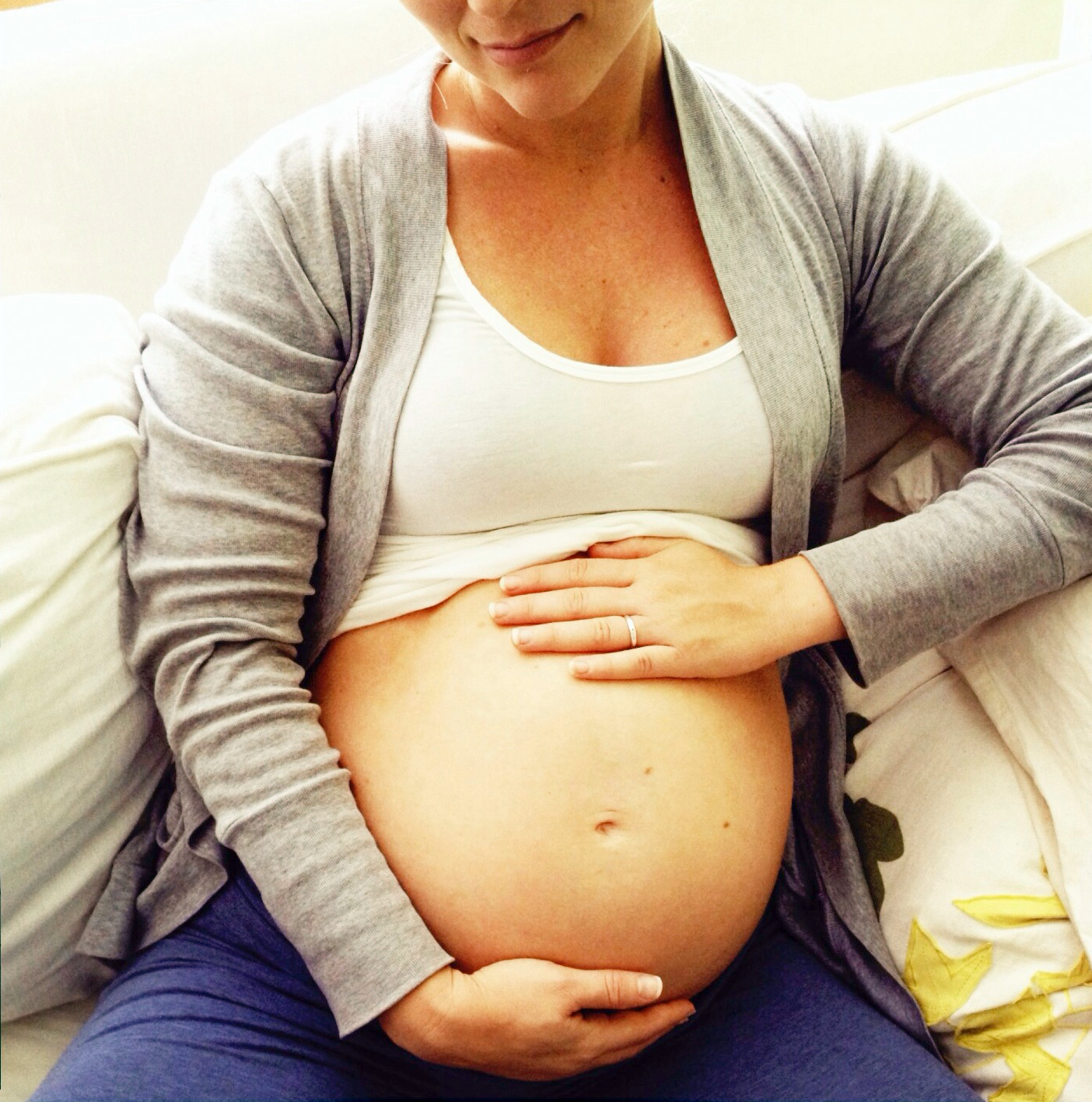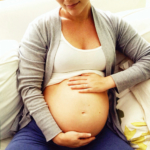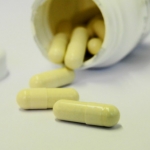Over the last few years, we have reported on several studies which have suggested an increased risk of certain types of cardiovascular malformations among children exposed to selective serotonin reuptake inhibitors (SSRIs) during pregnancy. The first reports suggested a link between cardiac septal defects and exposure to paroxetine; other, but not all, studies have also shown an elevated risk of cardiac defects in children with prenatal exposure to other SSRIs.
Many of these studies have had significant limitations, including uncertain information on drug use, recall bias from self reports, limited information on potential confounding factors, and low statistical power. A new study has analyzed the risk of malformations in children exposed to SSRIs and venlafaxine using data from the nationwide health registers of 5 Nordic countries (Denmark, Finland, Iceland, Norway, and Sweden), including a total of 2.3 million live births.
This study is distinct from previous studies with regard to its large size and its ability to control for potential confounding factors. Most notably they were able to adjust for potential confounding from genetic or family-related factors. The researchers restricted the study population to women with at least two children and were able to conduct sibling controlled analyses by looking at sibling pairs who were discordant for exposure to SSRIs or venlafaxine.
Data was analyzed from 36,772 infants exposed to any SSRI in early pregnancy. Of these, 3.7% (n=1357) had a birth defect compared to 3.1% in the control group of 2,266,875 unexposed infants, yielding a covariate adjusted odds ratio of 1.13 (95% confidence interval 1.06 to 1.20). In the sibling controlled analysis the adjusted odds ratio decreased to 1.06 (0.91 to 1.24).
In infants exposed to any SSRI or venlafaxine, the odds ratio for any cardiac birth defect was 1.15 (95% CI 1.05 to 1.26) in the covariate adjusted analysis and 0.92 (0.72 to 1.17) in the sibling controlled analysis. Exposure to any SSRI or venlafaxine increased the prevalence of right ventricular outflow tract obstruction defects, with a covariate adjusted odds ratio of 1.48 (1.15 to 1.89); however, in the sibling controlled analysis, the adjusted odds ratio decreased to 0.56 (0.21 to 1.49) for any exposure to SSRIs or venlafaxine and right ventricular outflow tract obstruction defects.
To summarize, this large Nordic study found no substantial increase in the overall prevalence of birth defects among infants exposed to SSRIs or venlafaxine in utero. The findings are consistent with a similar study in the United States which analyzed data from the nationwide Medicaid Analytic eXtract including a total of 64,389 women exposed to antidepressants. Although the prevalence of septal defects and right ventricular outflow tract defects was higher in exposed infants, because there was no association in the sibling controlled analyses we can conclude that this is not a teratogenic effect of these drugs.
While we are understandably eager to gain information on the reproductive safety of various medications, relying on studies which are too small and lack statistical power may yield data that is inaccurate and potentially misleading. Similarly studies that fail to take into consideration potential confounding factors, including history of depression, use of other medications, and substance use, may generate spurious results. This study and the report from Huybrechts and colleagues will hopefully lay to rest some of the lingering questions regarding the use of SSRI antidepressants during pregnancy.
Ruta Nonacs, MD PhD
Furu K, Kieler H, Haglund B, Engeland A, et al. Selective serotonin reuptake inhibitors and venlafaxine in early pregnancyand risk of birth defects: population based cohort study and sibling design. BMJ. 2015 Apr 17;350:h1798.
Huybrechts KF, Palmsten K, Avorn J, Cohen LS, Holmes LB, Franklin JM, Mogun H, Levin R, Kowal M, Setoguchi S, Hernández-Díaz S. Antidepressant use in pregnancy and the risk of cardiac defects. N Engl J Med. 2014 Jun 19;370(25):2397-407.








Leave A Comment